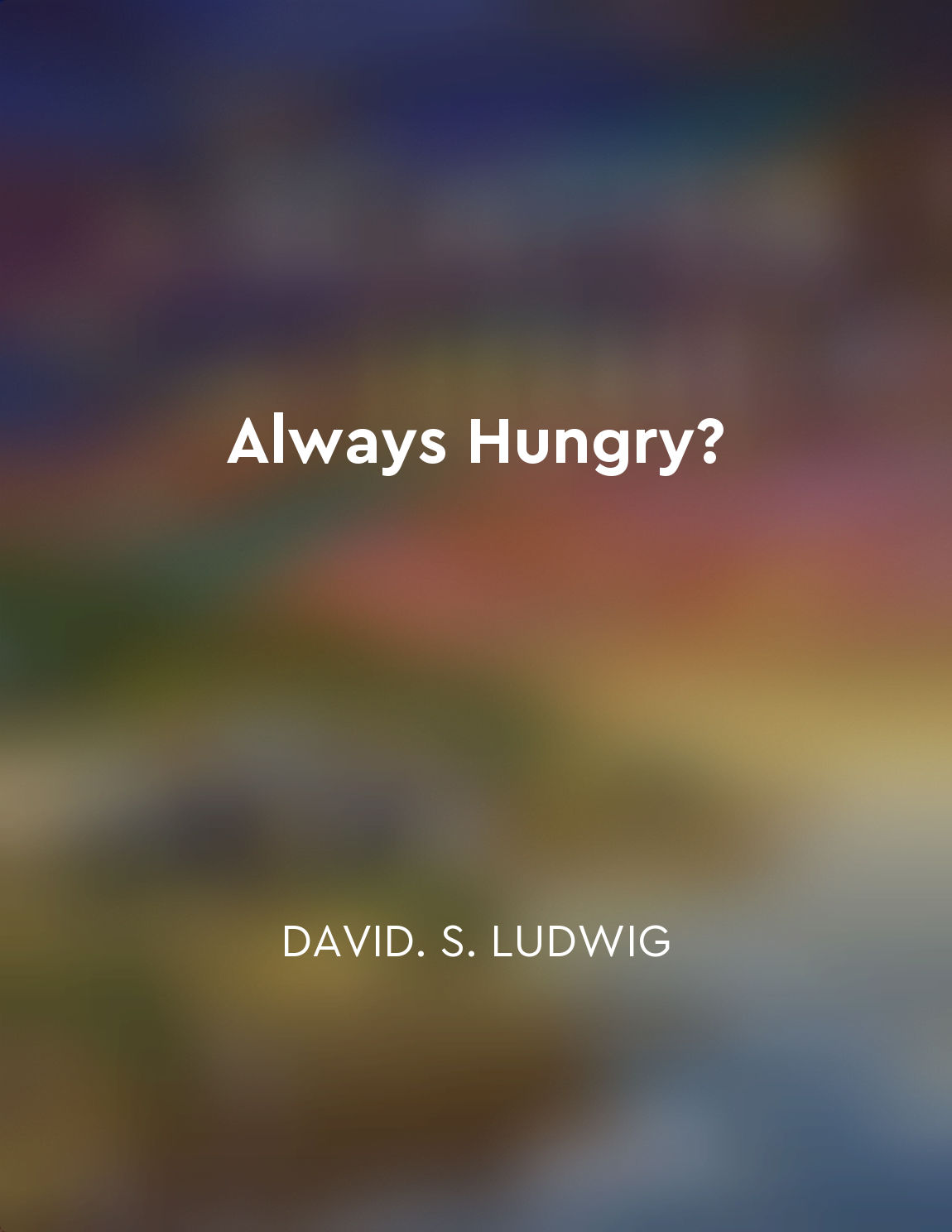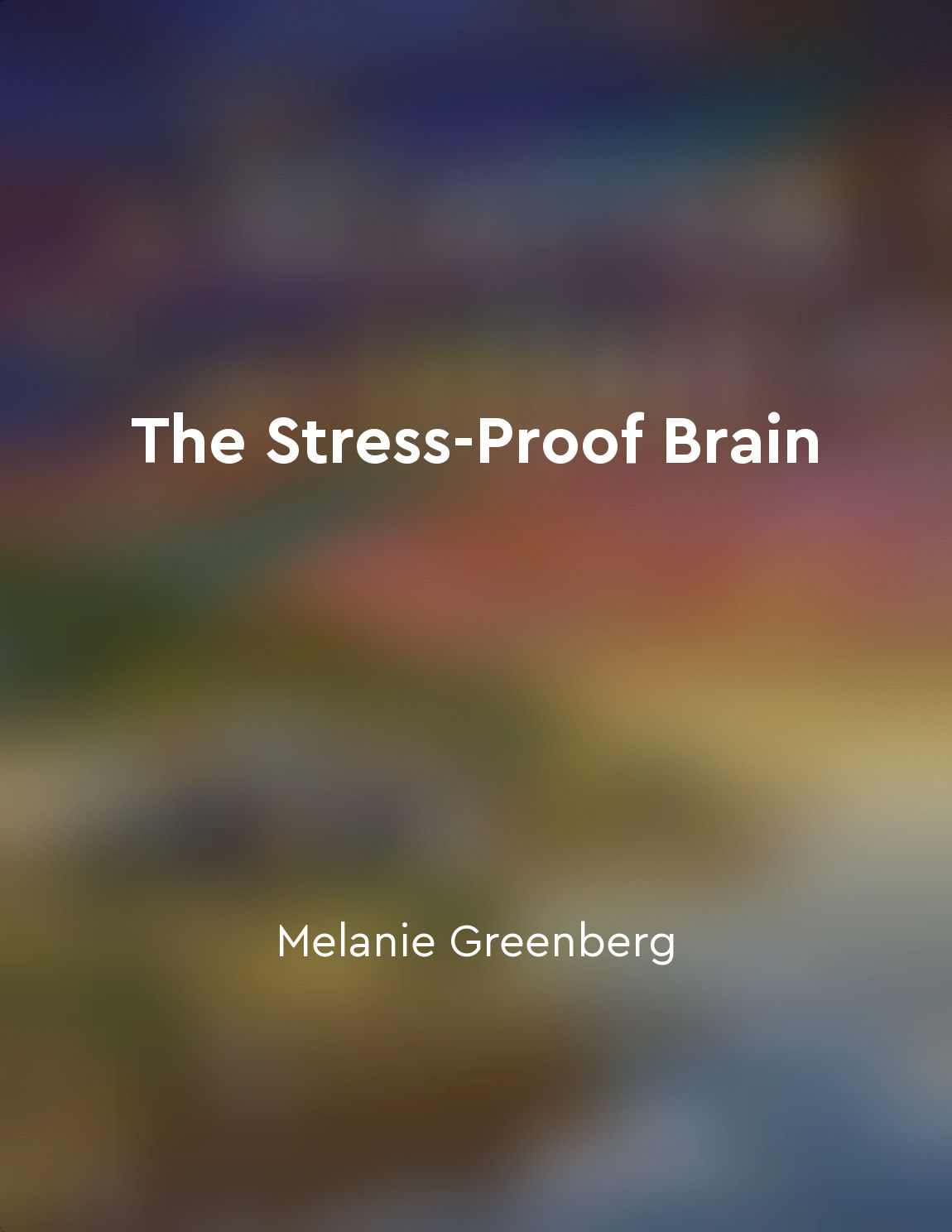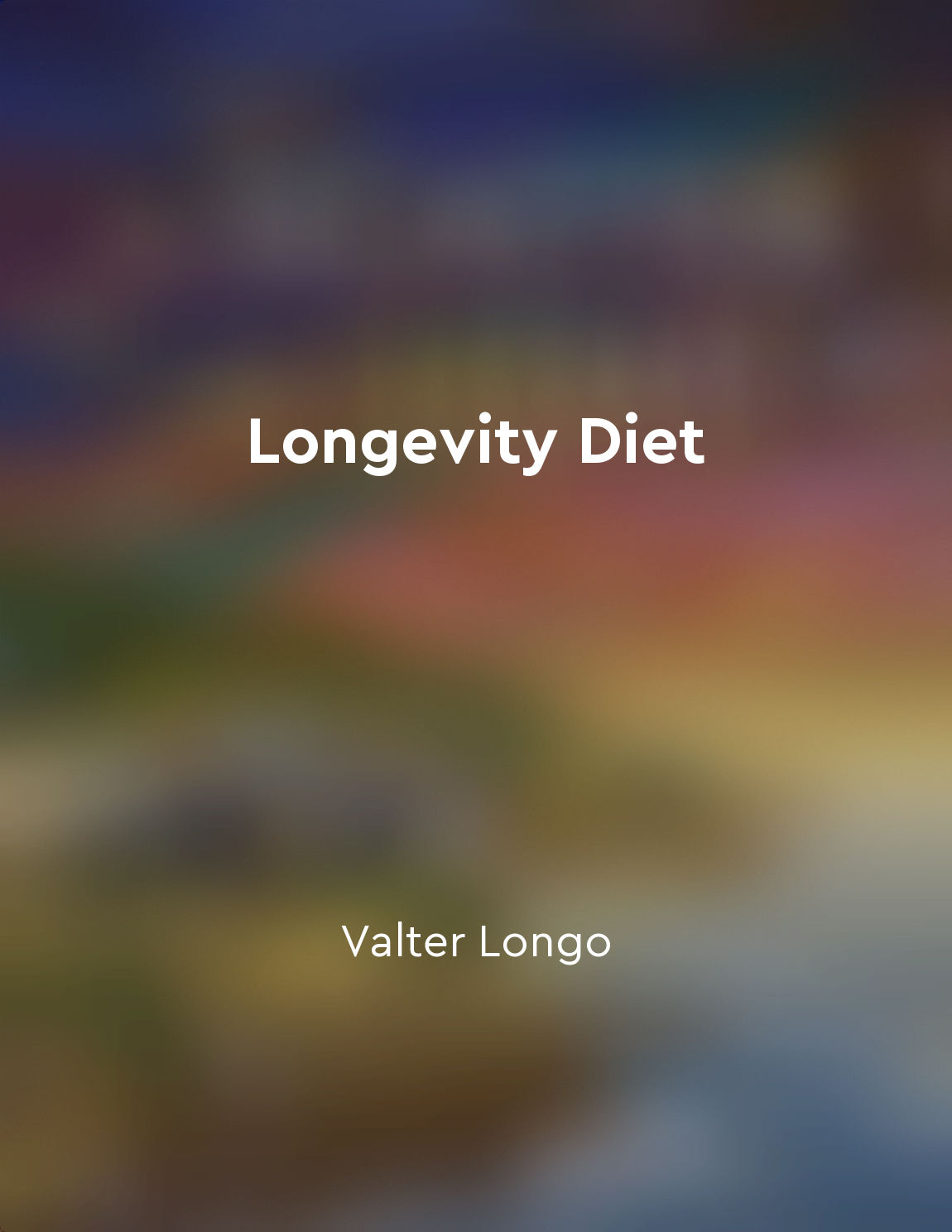Emotional eating should be addressed from "summary" of Food - WTF - Should I Eat? by Mark Hyman
Emotional eating is a topic that often gets swept under the rug when it comes to discussions about food and nutrition. However, it is a crucial aspect that needs to be addressed in order to truly understand our relationship with food. Many of us turn to food as a way to cope with our emotions, whether it be stress, boredom, sadness, or even happiness. This can lead to a dangerous cycle of using food as a crutch to deal with our feelings, which ultimately does more harm than good. When we eat in response to our emotions, we are not actually addressing the root cause of our feelings. Instead, we are simply masking them with temporary satisfaction that comes from indulging in unhealthy foods. This can create a vicious cycle where we eat to feel better, only to end up feeling worse because of the guilt and shame that often follows emotional eating. It is important to recognize this pattern and work towards breaking free from it in order to establish a healthier relationship with food. One way to address emotional eating is by practicing mindfulness and being more aware of our triggers. By tuning into our emotions and understanding why we are turning to food, we can start to make more conscious choices about what we eat and why. This may involve finding alternative ways to cope with our feelings, such as engaging in physical activity, talking to a friend, or practicing relaxation techniques. Additionally, seeking support from a therapist or counselor can be helpful in addressing the underlying emotional issues that may be driving our unhealthy eating habits. By working through these issues, we can begin to develop healthier coping mechanisms and break free from the cycle of emotional eating.- Emotional eating is a complex issue that requires self-reflection, awareness, and support in order to be effectively addressed. By acknowledging our emotions, understanding our triggers, and seeking help when needed, we can begin to establish a healthier relationship with food and ultimately improve our overall well-being.
Similar Posts
Regular physical activity complements a healthy diet
Regular physical activity is an essential component of a healthy lifestyle, working hand in hand with a nutritious diet to prom...
Educators can use mindfulness to promote ethical behavior and social responsibility
Mindfulness can be a powerful tool for educators to instill a sense of ethics and social responsibility in their students. By c...
Choose organic when possible
When it comes to choosing the foods you eat, opt for organic whenever you can. Organic foods are grown without synthetic pestic...

Chronic diseases can be prevented with diet
Chronic diseases, such as heart disease, diabetes, and cancer, are on the rise in our society. These conditions can have devast...

Calories are not created equal when it comes to weight management
When it comes to weight management, the traditional calorie-focused approach overlooks a crucial factor: the quality of the cal...

Exercise releases stressreducing chemicals in the brain
Exercise has the power to change the brain's chemistry, helping to combat the negative effects of stress. When you engage in ph...

Caloric restriction can slow down the aging process
Caloric restriction has been shown to slow down the aging process in various species, including yeast, worms, flies, and mice. ...
The value of consuming dairy products
Consuming dairy products is essential for our overall health and well-being. These products are rich in nutrients that are vita...
Set intentions to guide your day
At the beginning of each day, take a moment to pause and reflect on what you want to achieve. Set clear intentions for how you ...

He stresses the importance of selfcare in weight loss efforts
Taking care of yourself is a crucial aspect of achieving successful and sustainable weight loss. It is not just about watching ...


